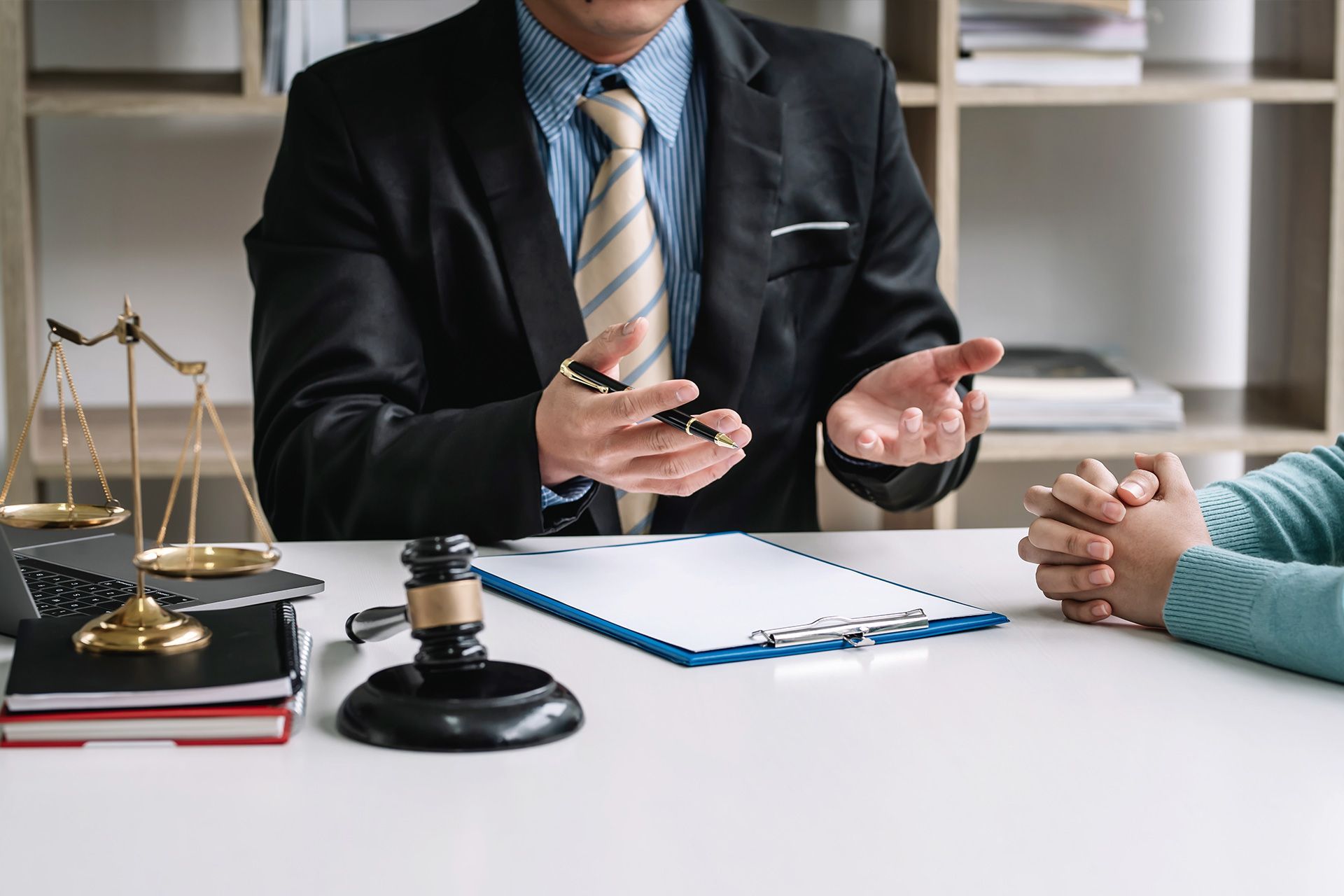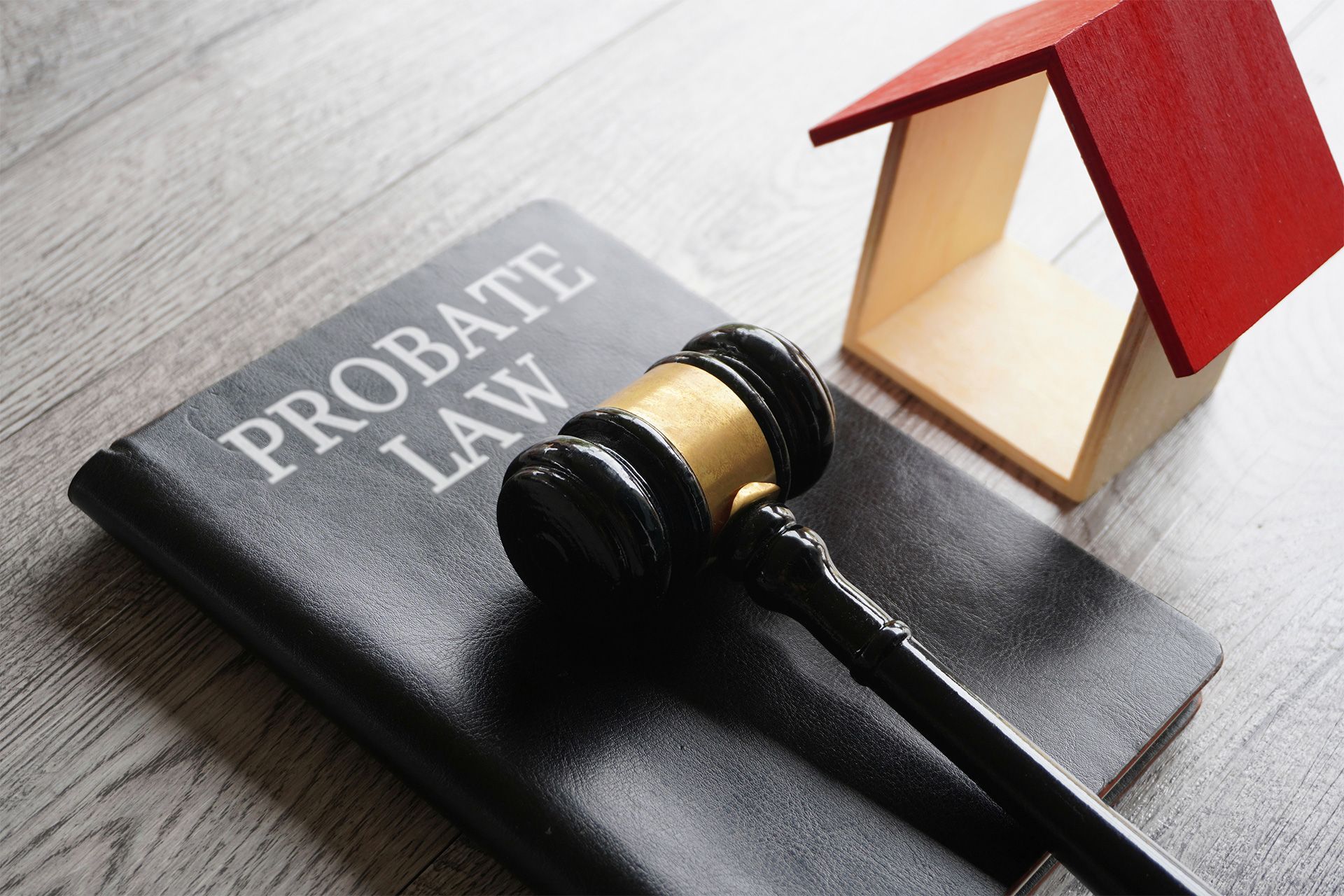Guardianship For Adults With Mental Illness - Everything You Need To Know
For those living with individuals with severe mental illness, guardianship is one of the best ways to help them live a happy and fulfilling life. Oftentimes, this may be the only way to make sure that a mentally ill family member receives the care they need.
Yet, obtaining guardianship for adults with mental illness can be challenging. For instance, the symptoms of the disease can be intermittent and the afflicted individual may resist assistance, which can lead to the court having trouble determining if they’re able to live unattended.
If you are considering this option to help a family member or a loved one, you’ve come to the right place. In today’s blog, we’ll describe the requirements for guardianship for adults with mental illness so you can start the process the right way.
Types of Guardianship for Adults With Mental Illness
When it comes to
guardianship, there are several types that can be established for a mentally ill individual. The main two include:
- Limited Guardianship - this type is more focused and in general, provides a guardian with limited authority over specific areas of the afflicted person’s life. For example, the
guardian may be able to make financial management or healthcare decisions on behalf of the individual but has no power over any personal matters such as living arrangements.
- Plenary Guardianship - for serious mental illnesses, plenary guardianship may be the best recourse as it provides the guardian full control over the afflicted person’s life. Along with medical decisions, a guardian in this scenario can also make personal decisions on behalf of the person, such as activities they participate in, estate planning, and day-to-day financial decisions, to name a few.
Who is Eligible for Guardianship?
Guardianship for adults with mental illness isn’t available to just everyone. To be eligible, an individual must be deemed incompetent by a court based on the mental health status of the individual and their ability to make independent decisions.
In other words, the judge must determine that the individual cannot take proper care of themselves, or in some cases, their property.
The person who files for guardianship first has to petition the court. They’ll get an opportunity to present evidence that the person in question lacks the capacity to make decisions. The court generally appoints a committee that consists of medical professionals like doctors and nurses, and one layperson such as a social worker.
Each member has to evaluate the evidence and meet face-to-face with the mentally ill individual. Furthermore, the committee will present opinions based on a comprehensive mental, functional, and physical evaluation of the person.
Each member of the committee will have to file their findings with the court, and the judge will use this information to determine if the person in question
needs a guardian.
Can Guardianship for Adults With Mental Illness Be Temporary?
Yes. Guardianship can be permanent or temporary. Since the process of gaining permanent guardianship is lengthy, many individuals petition for temporary guardianship while the proceedings are still ongoing.
In the most extreme of circumstances, the court may grant an emergency temporary guardianship. This often happens before the ruling but after the petition for guardianship has been filed.
This is only available if the court rules there is an imminent threat to the individual's physical or mental health. Once appointed, the emergency temporary guardianship will be active for 90 days or until the court decides on who the guardian is. If the circumstances that led to the appointing of the emergency guardianship still exist, the court can extend this for an extra 90 days.
Once the court proceedings are over and the guardianship for adults with mental illness has been in effect for a while, the court may revoke the guardianship if the individual regains their mental competency. When this happens, the individual will be considered competent enough to make their own decisions, while the guardian will be relieved from their responsibilities.
Who Can Be a Guardian?
Most commonly, family members are appointed as guardians. Understandably so, they are often reluctant to take this responsibility, as they fear that the mentally ill individual’s behavior could be too disruptive or will otherwise open them up to liability.
Furthermore, guardians have to make some difficult decisions on behalf of the guardee, which may cause the personal relationship to erode over time.
Because of this, families are allowed to leverage public guardianship systems or social service agencies that provide guardianship services. That way, you can ensure that your loved one is taken care of, while also preserving your relationship with them.
Also, it’s possible to delegate financial decisions to a conservator (which can also be a financial institution).
While these third-party guardians are all fine and well, the main downside is that they will never have the same information that close family members have, and as such, their services may feel impersonal.
What Responsibilities Does a Guardian Have?
A guardian has to make decisions that are in the best interest of the afflicted individual. For instance, they have to ensure that the individual’s legal rights are protected and respected, while also providing emotional support and acting as their advocate.
Furthermore, a guardian is also responsible for taking care of the individual’s mental and physical health, and their living situation.
Attorneys at Doane & Doane Can Help You Determine if Guardianship is the Right Choice
If you’re wondering whether guardianship for adults with mental illness is the right choice, you should seek advice from a legal professional who is familiar with the applicable laws in Florida.
Establishing a guardianship can be difficult from a legal perspective, but it can also take a significant toll on your emotional well-being. Thankfully, with an attorney on your side, you’ll have all the information needed to make the right decisions that are in the best interest of your family, and more importantly, the individual struggling with a mental health issue.
If you need to learn more about guardianship, feel free to get in touch with attorneys at
Doane & Doane. For over twenty years, we’ve held strong as de facto experts on guardianship law in all of Southeastern Florida. The well-being of our clients comes first, and by signing up with us, you’re getting a small law firm treatment with the expertise and resources comparable to a large law firm.
Dial
561-656-0200 or fill out our
contact form to schedule an appointment.
Note:
The information in this blog post is for reference only and not legal advice. As such, you should not make legal decisions based on the information in this blog post. Moreover, there is no lawyer-client relationship resulting from this blog post, nor should any such relationship be implied. If you need legal counsel, please consult a lawyer licensed to practice in your jurisdiction.
Disclaimer: The information on this website and blog is for general informational purposes only and is not professional advice. We make no guarantees of accuracy or completeness. We disclaim all liability for errors, omissions, or reliance on this content. Always consult a qualified professional for specific guidance.
RECENT POSTS






